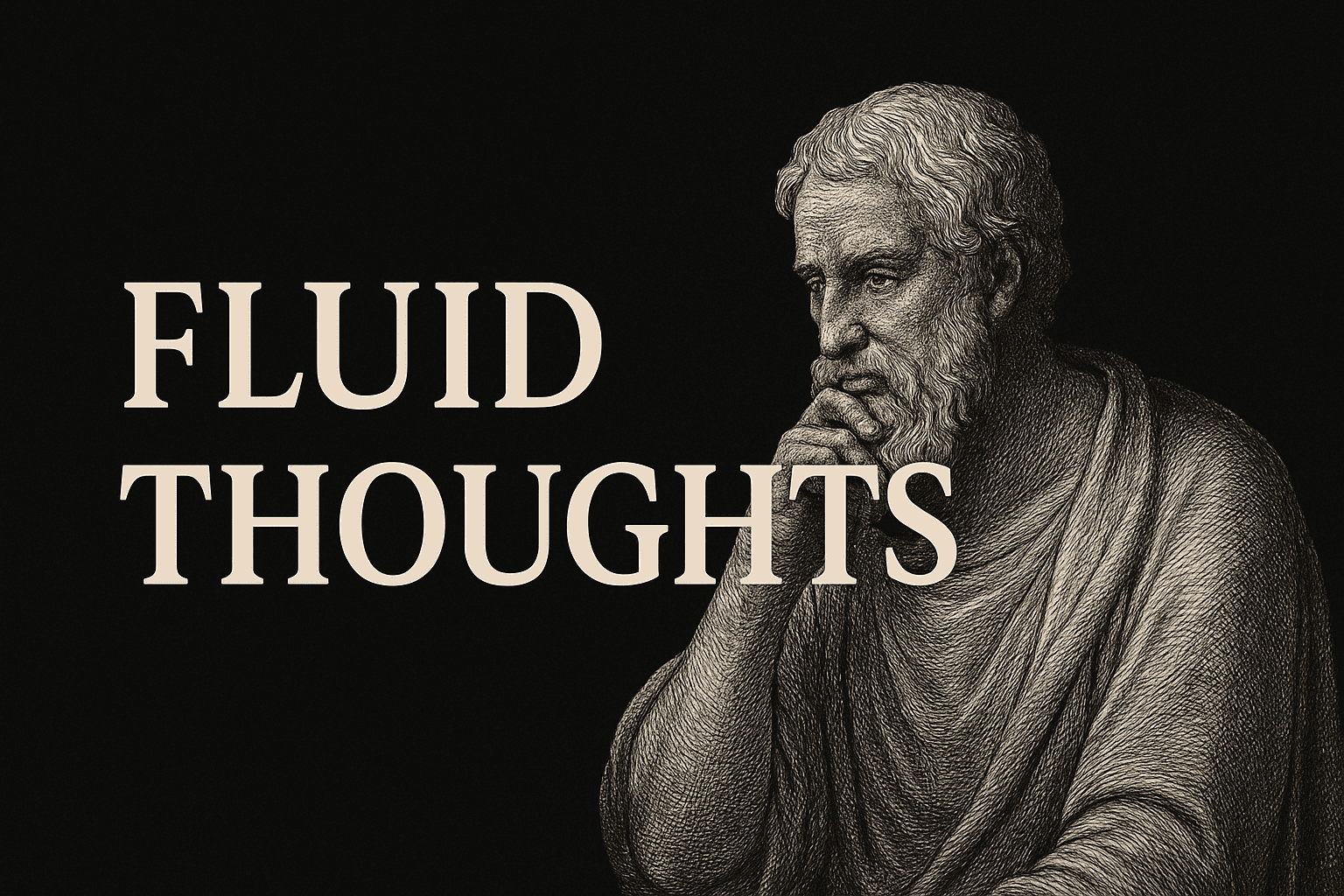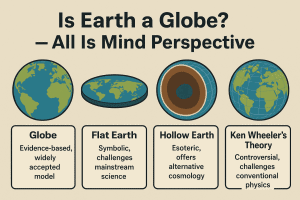At the heart of exploration lies a timeless question: What do we know, and how do we know it? Knowledge is not fixed—it’s shaped by culture, experience, and context. To understand it, we can look through three intriguing lenses: philosophy, conspiracy theories, and esoteric wisdom. Together, they challenge our assumptions and open doors to deeper inquiry.
Philosophy: The Foundation of Human Inquiry
Philosophy has always been about asking the hard questions:
- What is truth?
- What is reality?
- What does it mean to know something?
Different schools of thought, from existentialism to skepticism, encourage us to embrace ambiguity and sharpen our critical thinking. By engaging with philosophy, we learn not just to accept the world as it appears but to examine the principles that underlie it.
Conspiracy Theories: Questioning the Narrative
Conspiracy theories often emerge when official explanations leave people unsatisfied. While some lack evidence, they highlight important themes: distrust of authority, media influence, and the nature of truth itself.
Notable examples include:
- The Moon Landing Hoax – Claims the Apollo missions were staged highlight concerns about government transparency.
- 9/11 Conspiracy Theories – These question official accounts and force us to examine issues of power, control, and narrative framing.
Even when they aren’t factually accurate, conspiracy theories remind us of the importance of questioning dominant narratives.
Esoteric Wisdom: Knowledge Beyond the Surface
Esoteric traditions explore hidden or mystical knowledge, offering insights where mainstream thinking may fall short. These teachings often encourage inner exploration:
- Alchemy – Not just about turning lead into gold, but a metaphor for personal transformation.
- Kabbalah and other mystical practices – Ways of understanding existence beyond material perception.
Esoteric wisdom invites us inward, suggesting that true knowledge may come from self-discovery as much as from external facts.
Interconnections: A Fluid Tapestry of Thought
What ties philosophy, conspiracy theories, and esoteric wisdom together is their fluidity. Each invites us to:
- Challenge assumptions
- Expand our view of reality
- Embrace uncertainty as a path to growth
By weaving these perspectives, we gain richer insights into both the world and ourselves.
Conclusion: The Ongoing Journey of Knowledge
Exploring philosophy, conspiracy theories, and esoteric wisdom reminds us that knowledge is never static. It evolves as we ask bold questions, engage with different perspectives, and remain open to mystery.
In the end, the search for truth is less about arriving at a final answer and more about the journey itself—one that empowers us to navigate the complexities of existence with curiosity and courage.
👉 What about you? Do you lean more toward philosophy, conspiracies, or esoteric wisdom when exploring life’s big questions?
Before saving, open your browser’s print dialog and turn off Headers and footers (the title and URL line).
Chrome / Opera / Edge: Menu → Print → uncheck Headers and footers • Firefox: More settings → turn off Print headers and footers • Safari: already clean


